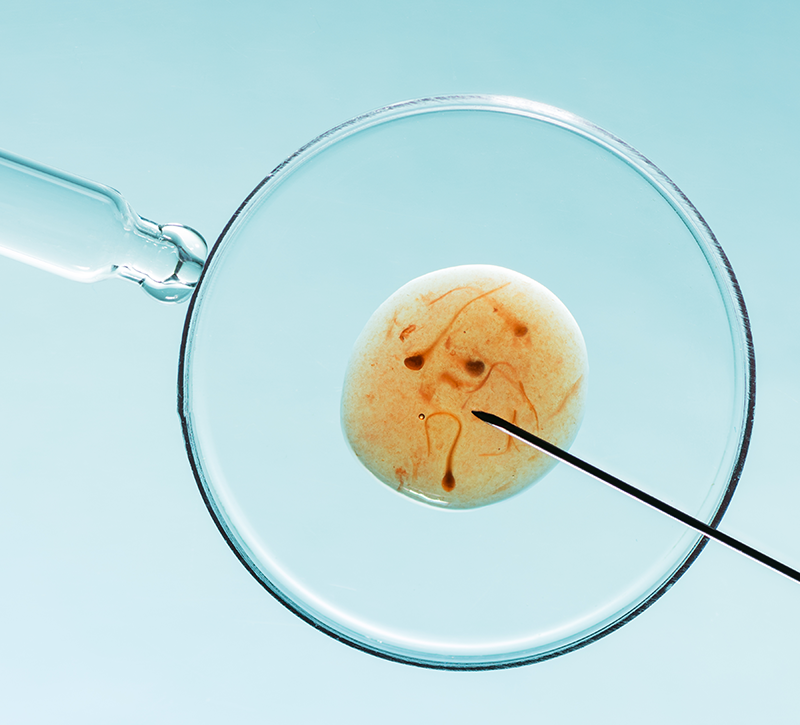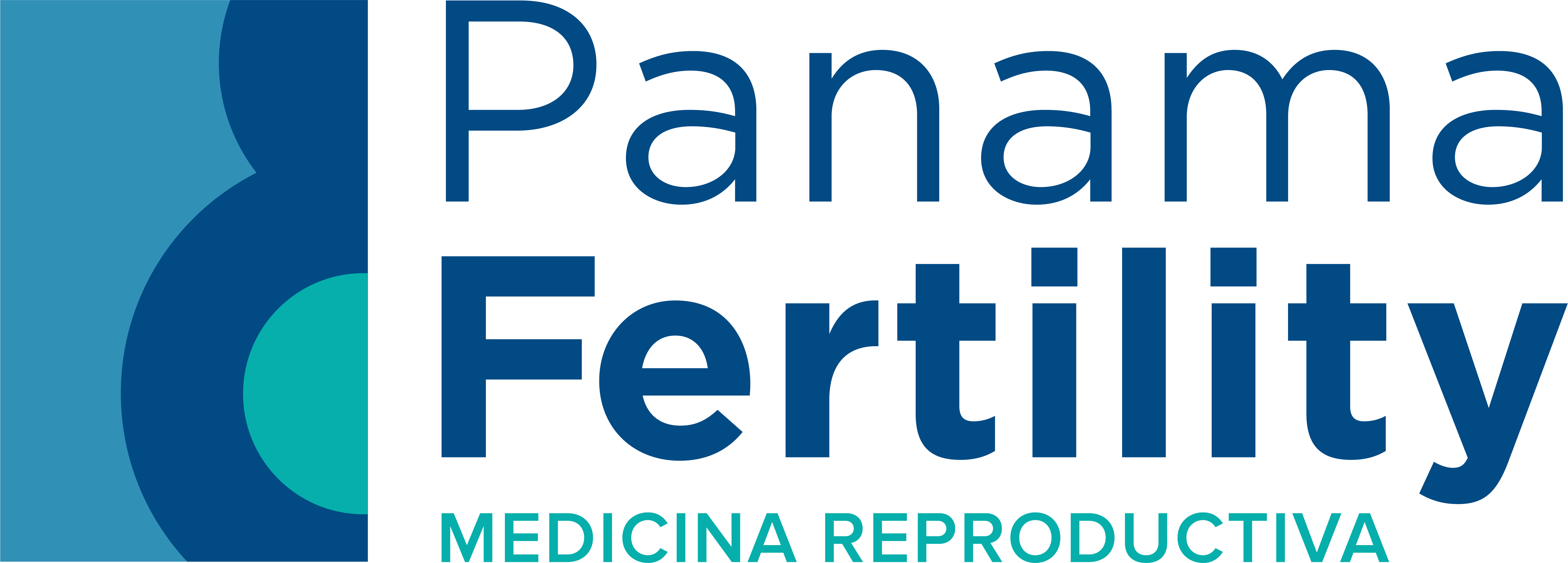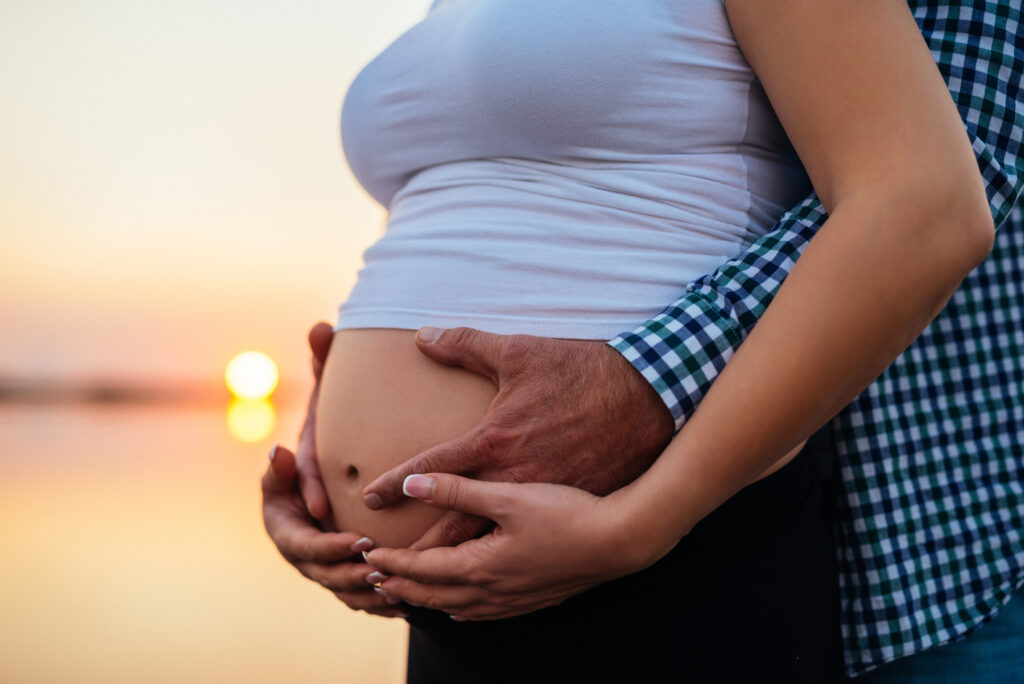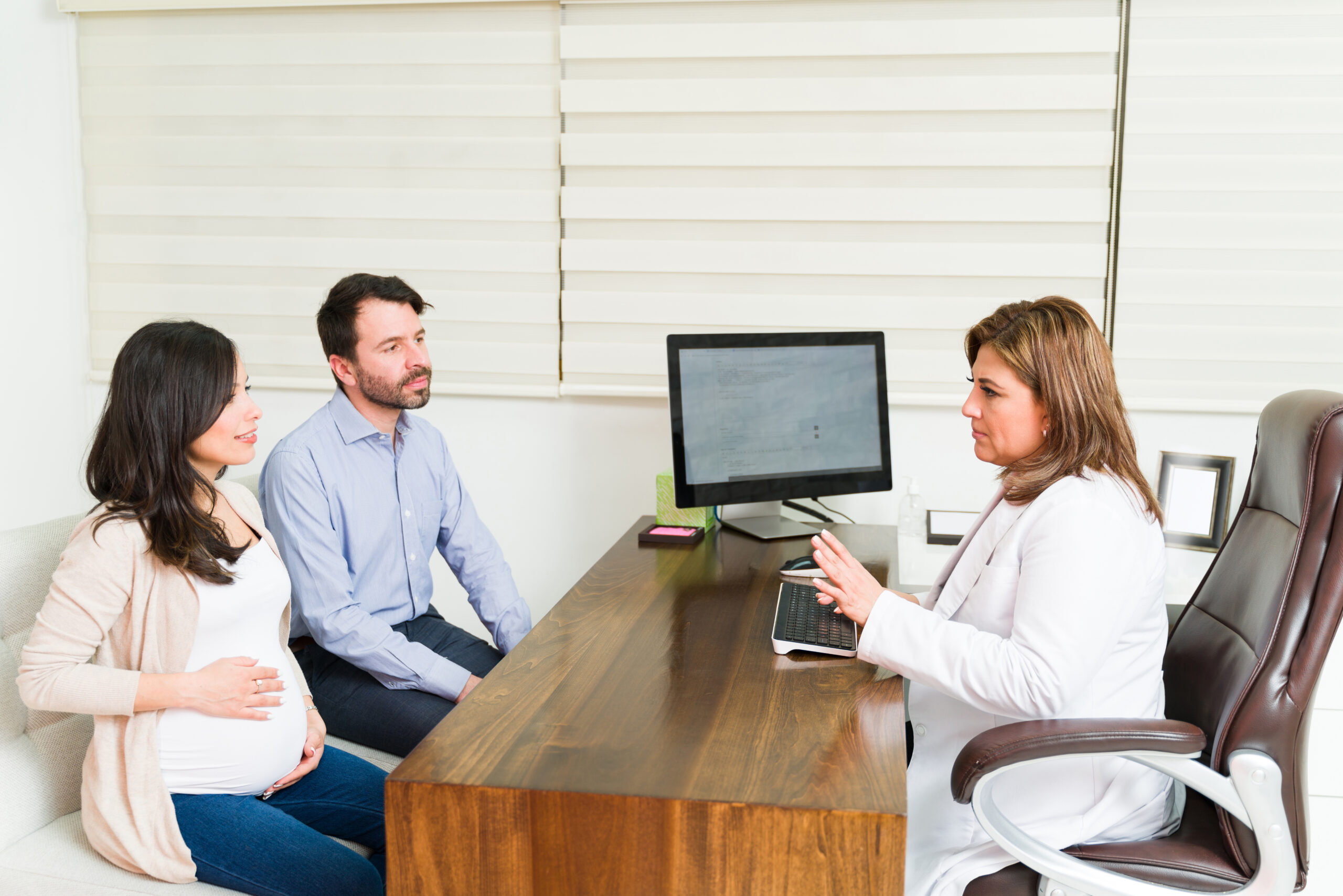Panama Fertility
Best Ways to Get Pregnant After Tubal Reversal


Pregnant After Tubal Reversal
For many women who have undergone a tubal ligation, the decision to reverse the procedure is a significant step in their journey to conceive again. While tubal reversal restores the function of the fallopian tubes, many women still face challenges in getting pregnant. This article explores the best ways to conceive after tubal reversal, highlighting why Panama Fertility is the top destination for patients from the Bahamas.
What is Tubal Reversal?
Tubal reversal, or tubal ligation reversal, is a surgical procedure that reconnects the fallopian tubes after they’ve been cut, tied, or blocked during a previous sterilization procedure. Once reconnected, the tubes may allow eggs to travel to the uterus, making natural conception possible.


Why Some Women Choose Tubal Reversal
Women may opt for tubal reversal due to:
- A Change in Family Plans: After sterilization, some women decide they want more children.
- New Partnerships: A new relationship may inspire a desire to have children together.
- Health Factors: Some women prefer trying for natural conception rather than IVF.
Success Rates After Tubal Reversal
Success rates for pregnancy after tubal reversal depend on several factors:
- Age: Women under 35 have higher chances of success.
- Length of the Remaining Tubes: Shorter tubes may reduce the chances of natural conception.
- Health of the Tubes: Scarring or blockages can affect outcomes.
For many women, IVF remains the most effective way to conceive after a tubal reversal, especially if there are additional fertility issues.


IVF as the Best Option After Tubal Reversal
In vitro fertilization (IVF) bypasses the fallopian tubes entirely, making it a viable option for women whose tubal reversal did not lead to natural conception. IVF at Panama Fertility offers several advantages:
- High Success Rates: Advanced protocols and pre-genetic testing (PGT) increase pregnancy success.
- Personalized Treatment Plans: Tailored approaches based on your medical history.
- Affordable Costs: IVF in Panama is more affordable compared to U.S. clinics.
Fertility Treatment Options at Panama Fertility
In addition to IVF, Panama Fertility offers a range of treatments for Bahamian patients:
- Ovulation Induction: Medications to stimulate egg release.
- Artificial Insemination (IUI): Direct insertion of sperm into the uterus.
- Egg Donation: Access to high-quality donor eggs for patients with low ovarian reserve.


Benefits for Bahamian Patients Seeking Fertility Care in Panama
Panama Fertility is a top choice for Bahamian patients due to:
- Proximity: Panama is a short, affordable flight from the Bahamas.
- Top-Tier Specialists: Internationally trained fertility doctors.
- All-Inclusive Packages: Options that cover consultations, procedures, and medications.
- Travel Support: Assistance with accommodation and transportation.
Take the First Step Toward Parenthood
If you’re considering pregnancy after a tubal reversal, Panama Fertility provides the expertise and support you need. Whether you pursue IVF or other fertility treatments, our team is dedicated to helping you achieve your dream of parenthood. Contact us today to schedule your consultation and take the next step in your fertility journey.






